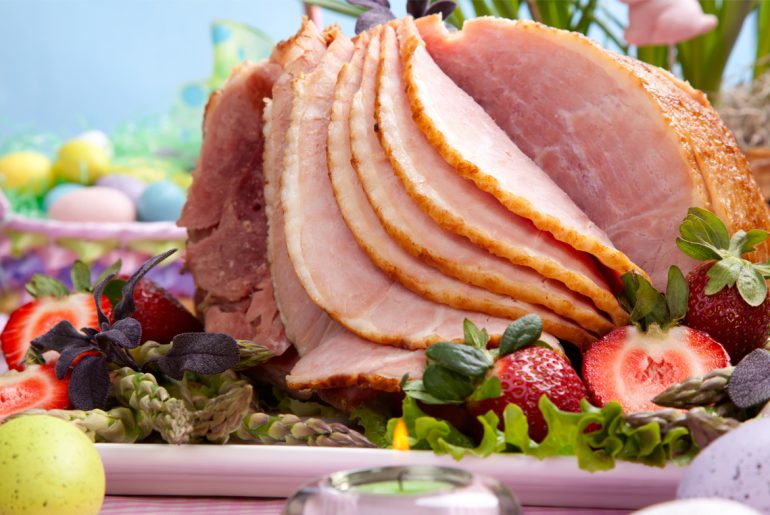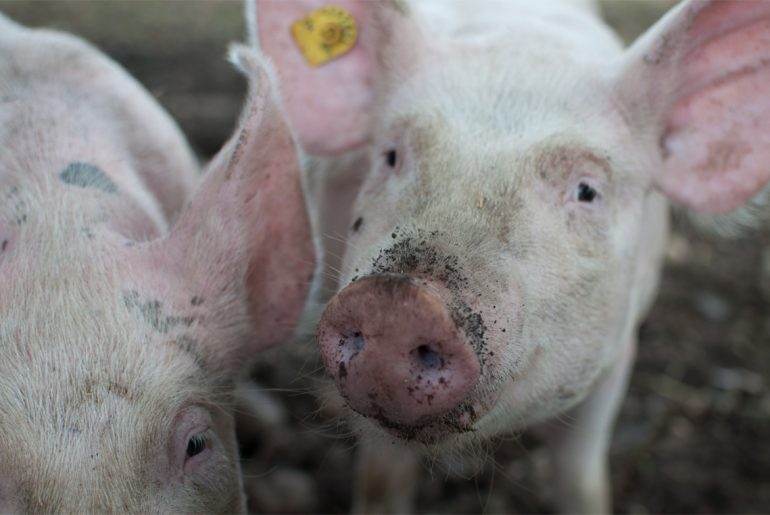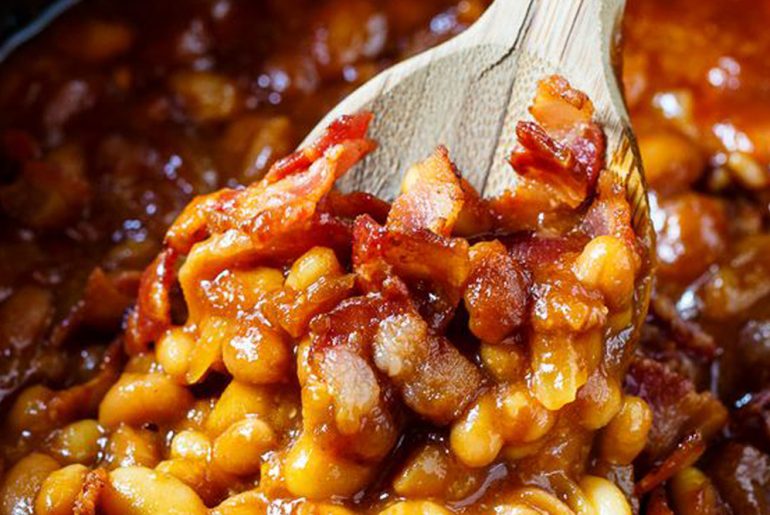Holidays are chock-full of timeless traditions, perhaps in no category more steadfastly than food. What’s Thanksgiving without turkey? Halloween without candy? New Year’s without some bubbly? And of course, what would Easter dinner even be without a briny, salty ham? But aside from simply tradition, how did pigs come to play such an important role in our annual spring feast? It really just has to do with practical considerations and timing. Traditionally, pigs were slaughtered in the fall as temperatures cooled. This would allow the meat to stay fresher for much longer. Before refrigeration, farmers would set aside any unsold meat to be cured, or preserved, as to not waste food or income. That cured meat was finally ready to eat each year right around Easter. Also read, Why do eat chocolate bunnies on Easter? These days, slaughtering schedules don’t play an important of a part as simply our preference. While…
Lucky foods you should eat on New Year’s Eve
If there is one universal holiday, it’s New Year’s Eve. No matter where you go on the globe, you’re likely not far from fireworks, parties, and people toasting to a happy and healthy new year ahead. Of course, food plays a huge role in any culture, and many foods have taken a central role in sustaining superstitions about what brings good fate and fortune in the new year. Because even the biggest skeptic out there doesn’t want to tempt fate, most of us add a few of these foods to our New Year’s menus. Here are 11 lucky foods to choose from: Greens Green symbolizes wealth in many countries around the world — think, four leaf clovers, money, and even jade jewelry — so people eat greens New Year’s Eve to bring them good luck (especially financial luck) in the coming year. Black-Eyed Peas News Year’s just wouldn’t be the…
Germans ditching pork heavy diets
Germans have steadily been reducing their consumption of pork products in recent years. New research shows that the once sausage-loving country has been slowly switching to a more plant-based diet. Traditionally the largest pig-producing and pork-eating country in Europe, the Germans intake of pig products is down to just 79 pounds per personal annually — a drop from 86 pounds per person — a plunge of about 10 percent nationwide, according to the Agricultural Market Information Co. (AMIC). Pork still makes up more than half of the mean eaten in the country, but demand for products like ham and sausage has continued to drop for the past three straight years, reflecting a change in German attitudes about modern social and environmental concerns. The change is credited a growing awareness about healthier diets, as well as the environmental damages caused by large scale animal agriculture.
20 Recipes Dad really wants for his Father’s Day Feast
If you’re having trouble thinking what gift Dad wants




